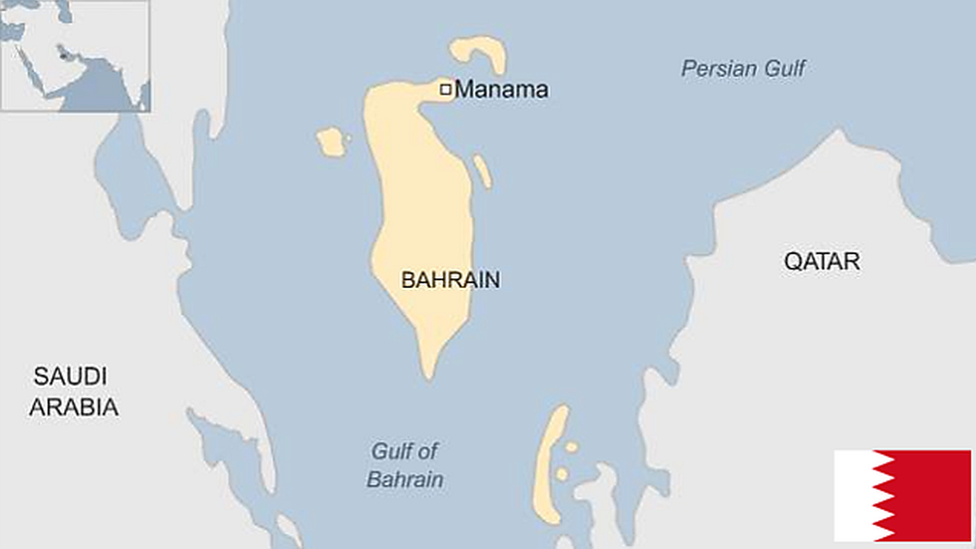Iran general warns Bahrain after Shia cleric stripped of citizenship
- Published
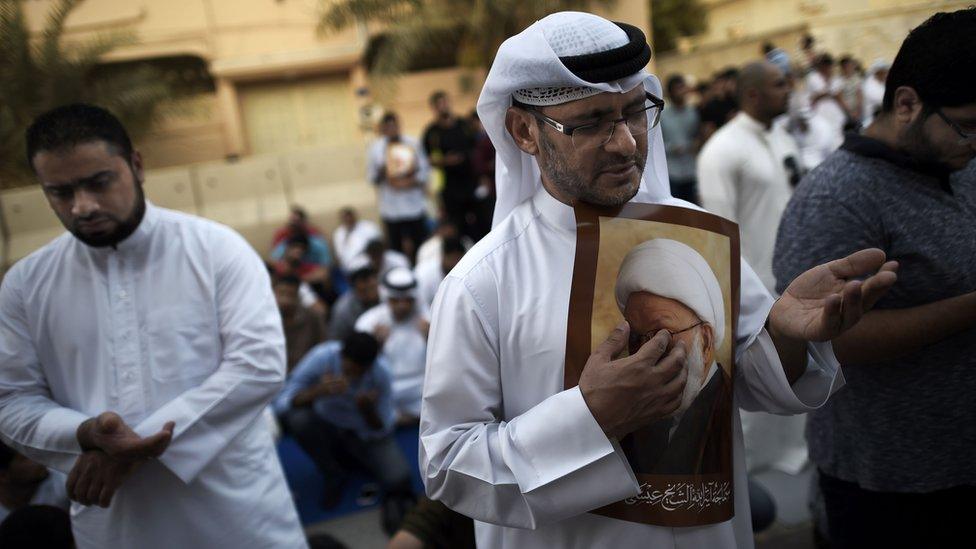
Protesters gathered near Sheikh Isa Qassim's home in the village of Diraz on Monday
The head of Iran's Revolutionary Guards overseas operation arm has warned there could be armed resistance in Bahrain after the Sunni-ruled kingdom stripped a top Shia cleric of his citizenship.
Gen Qassem Soleimani said Bahrain's action against Sheikh Isa Qassim could "set the region on fire".
Bahrain accused the cleric of using his position to "serve foreign interests", promoting "sectarianism and violence".
Thousands of protesters have gathered near his home.
They chanted slogans denouncing King Hamad bin Isa al-Khalifa and the government. Bahrain's interior ministry has warned against any protests.
What lies behind Bahrain crackdown?
"The al-Khalifa [rulers of Bahrain] surely know their aggression against Sheikh Isa Qassim is a red line and that crossing it would set Bahrain and the whole region on fire, and it would leave no choice for people but to resort to armed resistance," Gen Soleimani said in a statement released by the semi-official Fars news agency.
Earlier, Iran's foreign ministry also criticised the move.
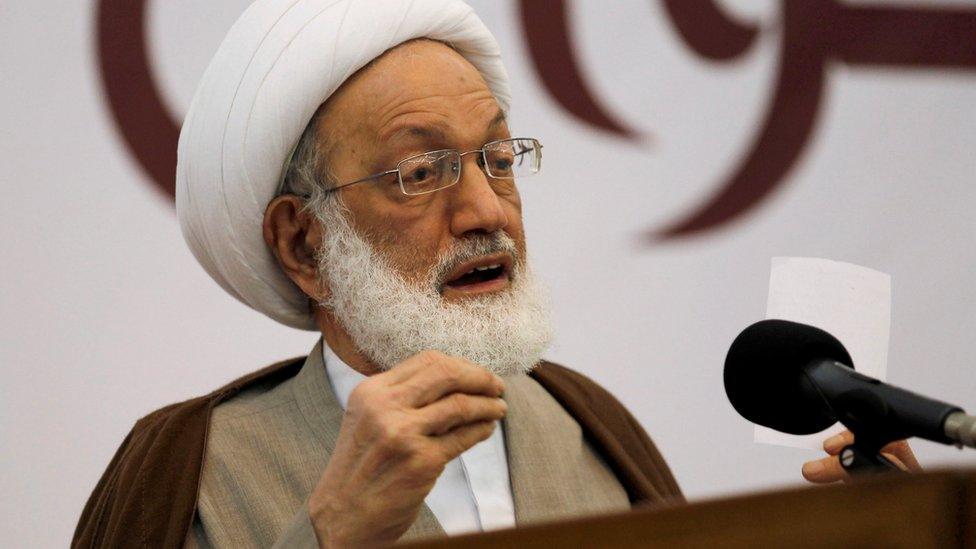
Sheikh Isa Qassim was accused by the Bahraini authorities of "adopting theocracy"
The cleric, who holds the religious rank of ayatollah, has backed protests led by the majority Shia community for greater civil and political rights.
Announcing the move to strip him of his Bahraini citizenship, the interior ministry said, external the cleric had "adopted theocracy and stressed the absolute allegiance to the clergy".
It accused him of being in continuous contact with "organisations and parties that are enemies of the kingdom".
The US state department said it was "alarmed" at the move, adding that it was "unaware of any credible evidence" to support the removal of citizenship.
The development comes days after Bahrain's government suspended the leading Shia opposition grouping, Wefaq National Islamic Society, closing its offices and ordering its assets to be frozen.
Wefaq's political leader, Shia cleric Sheikh Ali Salman, is in prison and recently had his jail term increased to nine years, after being convicted in 2015.
A US diplomatic cable published by Wikileaks described Sheikh Isa Qassim as Wefaq's spiritual leader. He is also regarded as the spiritual leader of Bahrain's wider Shia community.
The US cable said the cleric had studied in the Iranian city of Qom in the 1990s and also spent time in the Iraqi city of Najaf, another centre of Shia learning.
- Published21 June 2016
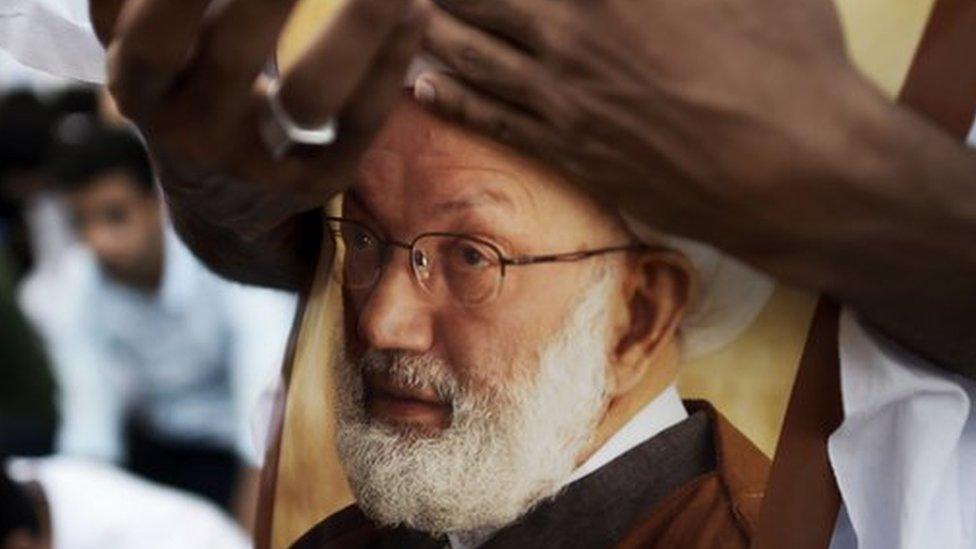
- Published14 June 2016
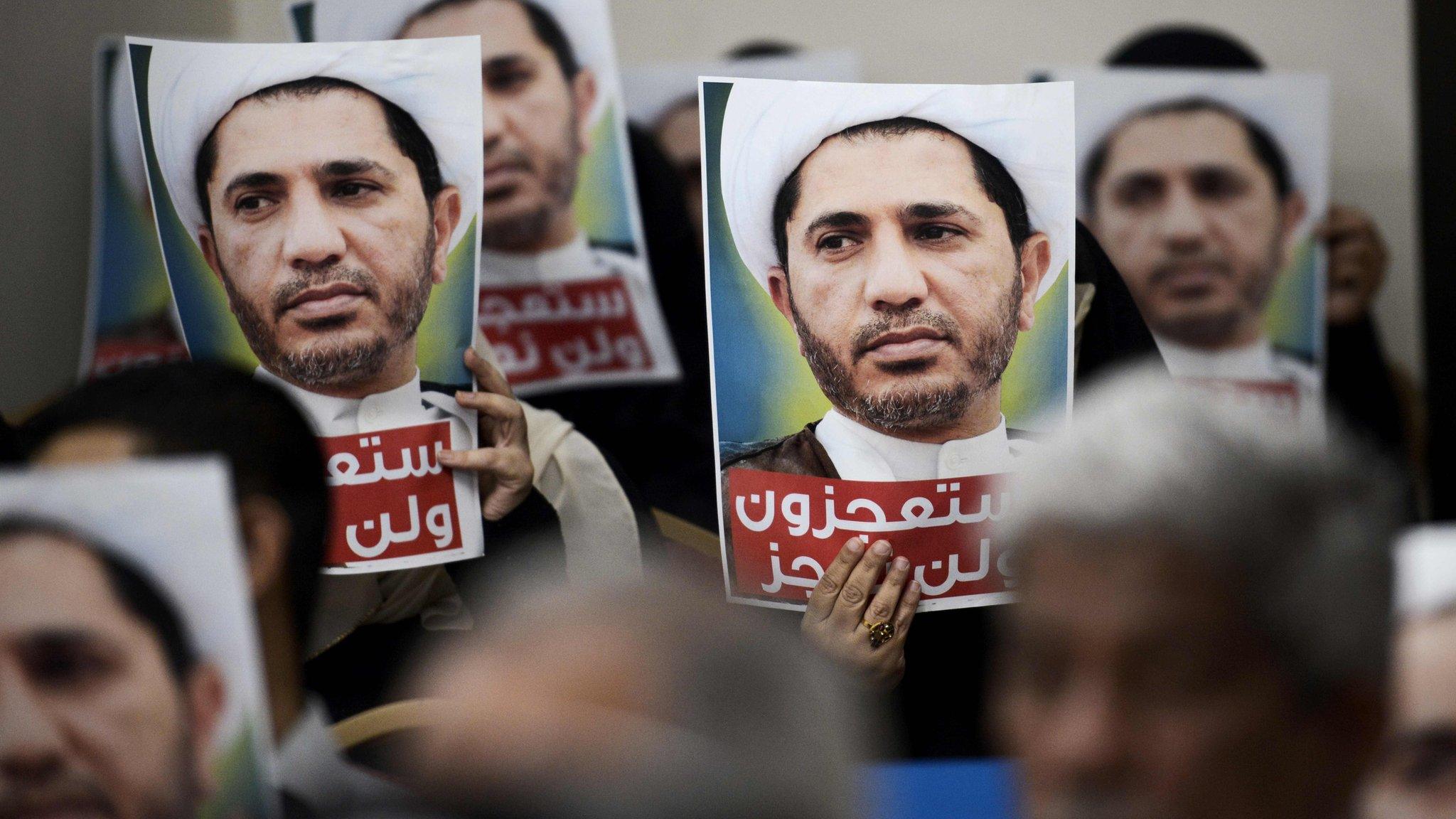
- Published30 May 2016
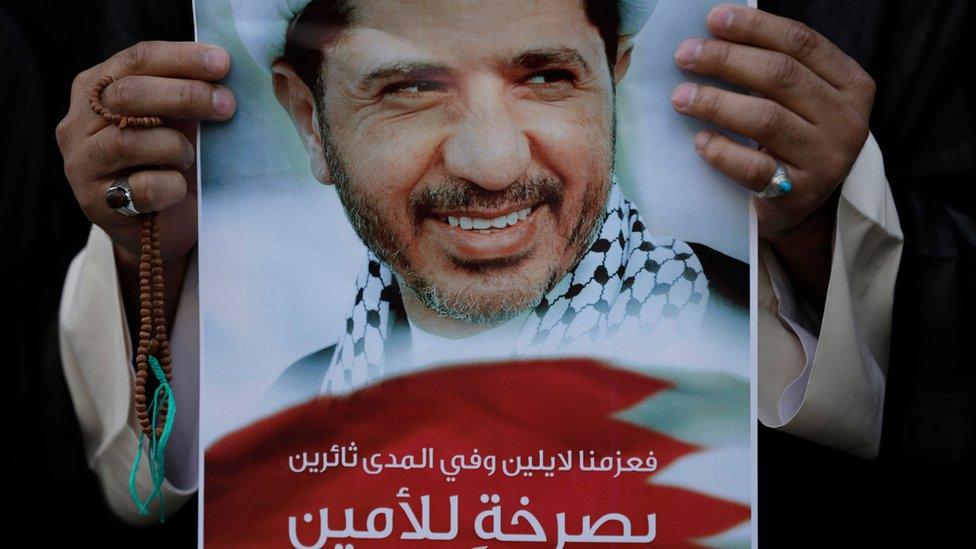
- Published24 April 2013
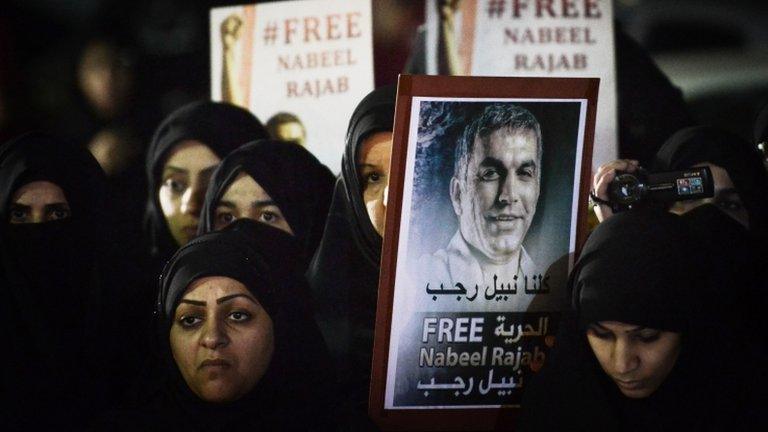
- Published16 April 2013
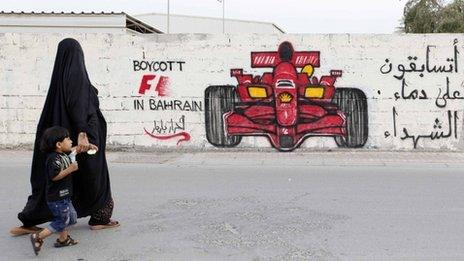
- Published6 March 2015
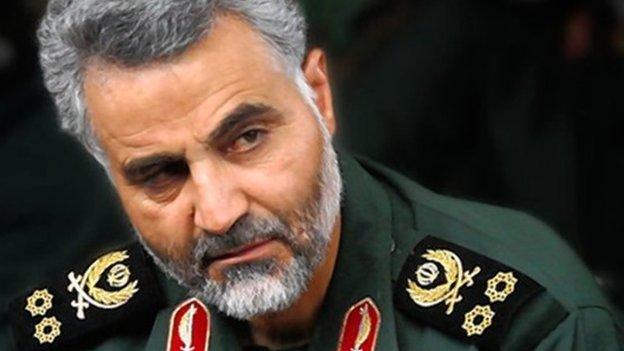
- Published21 August 2023
